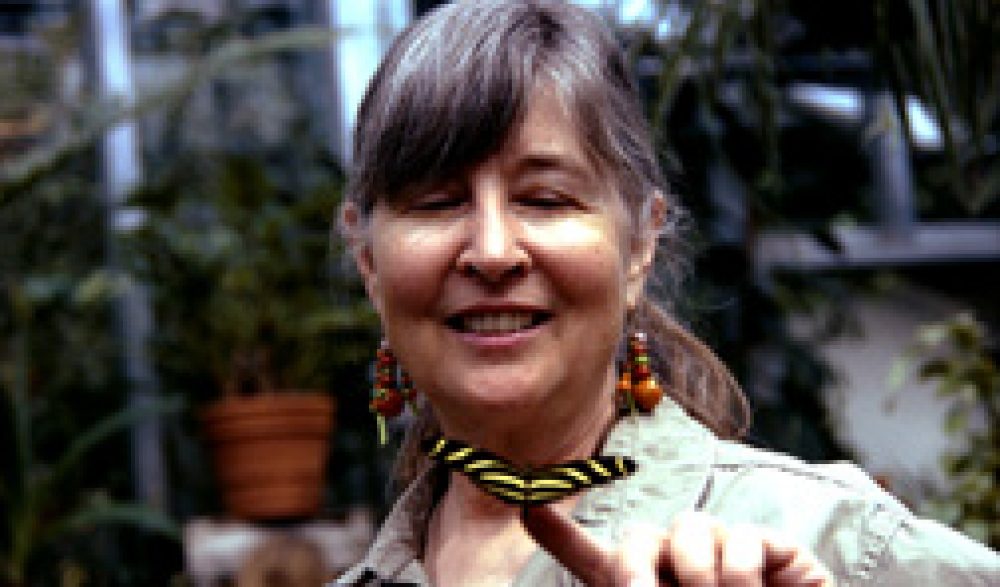Last week–between mouthfuls of pollo tapatio at my favorite restaurant, each bite, washed down with icy Corona, so exquisitely delicious that I shouldn’t have been thinking of anything else–I got it. Calling us breast cancer “survivors” is simply an elegant solution to a verb tense problem.
We who have been diagnosed with breast cancer–whenever, however many years ago–cannot use the past tense. We can’t say, “I had breast cancer,” the way we might say if, for example, we had had pneumonia. One may have pneumonia, but then, with some antibiotics and luck, one doesn’t.
And some of the more presently fortunate of us won’t say, either, that “I have breast cancer,” because hopefully we don’t. But there’s always that fear that one little cell could turn up somewhere, which is why, last week when I suffered a rotator cuff injury, my rheumatologist worried that I had bone cancer. I’d suffered a similar injury in my other shoulder, years ago, pre-breast cancer diagnosis, but that was when a shoulder injury was just a shoulder injury.
And it’s not called remission for us when we run a clean mammogram, as it is for a couple of my friends who live with hepatitis C. They’ve been through chemotherapy too, but for them there is no kidding themselves: they still have hepatitis C; it’s just not active right now. It’s not fun, but they know.
We breast cancer people, however, don’t. There are no definitive tests to give us the all-clear. It’s a special kind of anxiety for us. We might have cancer and we might not. We have moved for the rest of our lives into a DMZ, a mine field between the countries of the ill and the well.
It’s been important for me to find, for most of my moments, another way to look at this. Nobody really knows what’s happening in their bodies–the people in the well zone just enjoy more illusions. I’m really no more vulnerable than they are: I just have more information.
